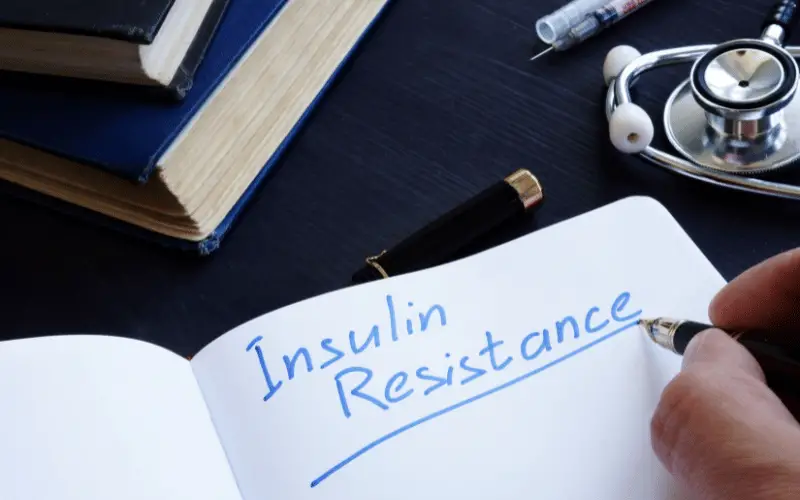Introduction: Unraveling the Complexities of Insulin Resistance
Insulin resistance (IR) is a critical health concern that’s increasingly prevalent in today’s fast-paced, modern lifestyle. It marks the body’s reduced ability to respond to insulin, a hormone that regulates blood sugar. This condition is often a precursor to more severe metabolic disorders, including type 2 diabetes and cardiovascular diseases. Understanding IR, its causes, symptoms, and management strategies is vital for maintaining long-term health and well-being.

One of the most challenging aspects of IR is its silent progression. Often presenting with no overt symptoms in its early stages, IR quietly disrupts the body’s metabolic processes. This stealthy advancement makes it crucial for individuals, especially those with risk factors like a family history of diabetes or obesity, to undergo regular health screenings. Early detection is key to preventing the escalation of IR into more serious health complications.
Our daily choices significantly impact our risk of developing IR. Diets laden with processed foods and high sugar content, combined with sedentary lifestyles, are primary culprits in the rise of IR cases. These lifestyle factors not only increase the risk but can also exacerbate existing IR. Conversely, positive lifestyle changes can play a monumental role in managing and potentially reversing IR, highlighting the power of personal choices in influencing our health outcomes.
While lifestyle choices are pivotal, they don’t act in isolation. Genetics also play a crucial role in an individual’s susceptibility to IR. A family history of diabetes or metabolic syndromes can predispose one to this condition. This genetic predisposition, when coupled with unhealthy lifestyle choices, creates a perfect storm for the development of IR, underscoring the complex interplay between genetics and environment in health and disease.
Insulin resistance doesn’t just affect blood sugar levels; it has far-reaching implications for overall health. It’s often associated with other conditions like obesity, heart disease, and polycystic ovary syndrome (PCOS), forming a web of interconnected health issues. This association demands a holistic approach to health, where managing IR involves addressing a spectrum of related conditions and lifestyle factors.
Fact 1: Definition and Basic Understanding

Insulin resistance (IR) is a metabolic condition characterized by the body’s reduced ability to respond to insulin, the hormone responsible for regulating blood sugar levels. This impaired response leads to elevated blood sugar levels, a condition that can have serious health implications if left unmanaged.
Insulin, produced by the pancreas, is crucial for transporting glucose from the bloodstream into the cells, where it’s used for energy. In IR, this process is hindered, forcing the pancreas to produce more insulin to achieve the same effect, leading to a state known as hyperinsulinemia.
If insulin resistance persists, the pancreas can become overworked and may eventually be unable to produce sufficient insulin, leading to prediabetes and, eventually, type 2 diabetes. This progression underscores the importance of early detection and management of IR.
Beyond its direct impact on blood sugar levels, IR affects various bodily systems. It can alter fat metabolism, leading to increased fat storage and changes in lipid profiles, which in turn impacts overall health.
Awareness and understanding of IR are essential for effective management and prevention. Knowledge about how lifestyle factors contribute to its development can empower individuals to make healthier choices, potentially reversing or mitigating the condition. (1)